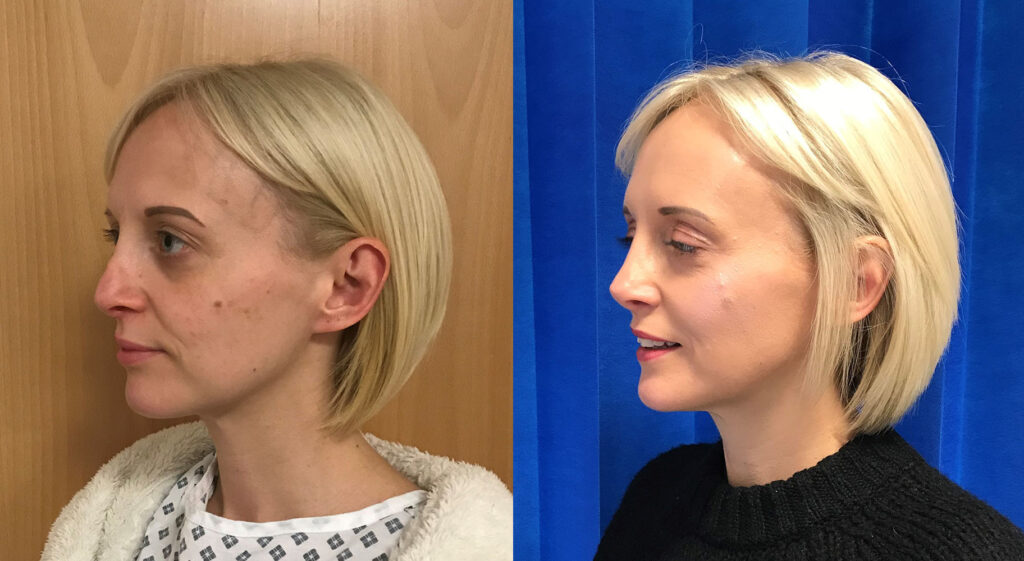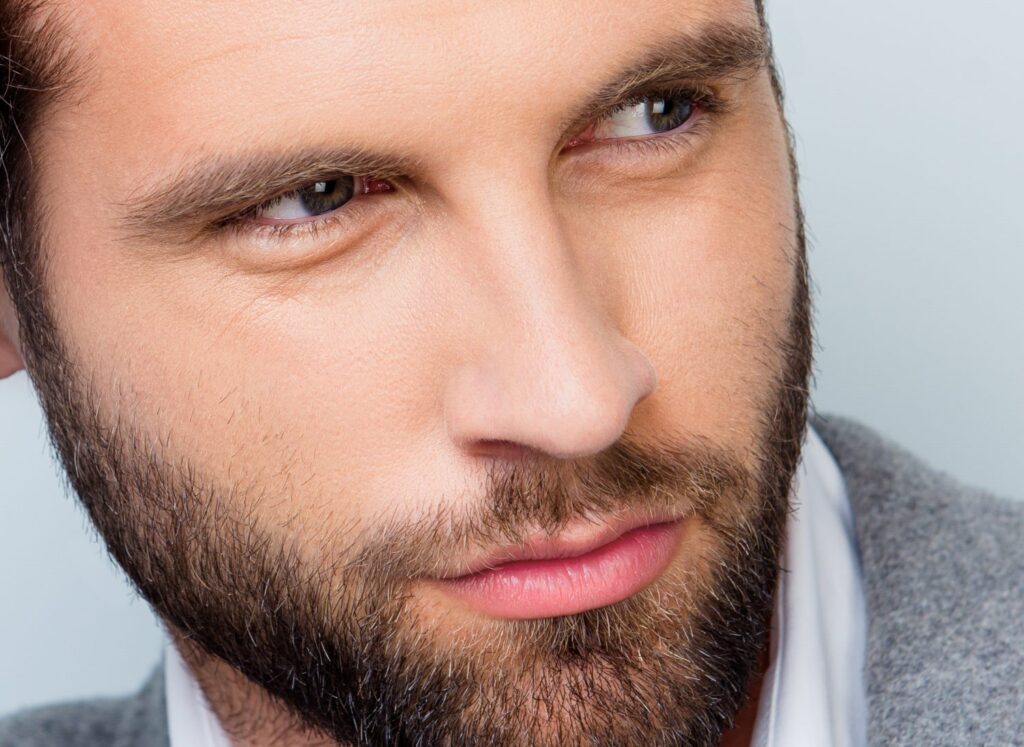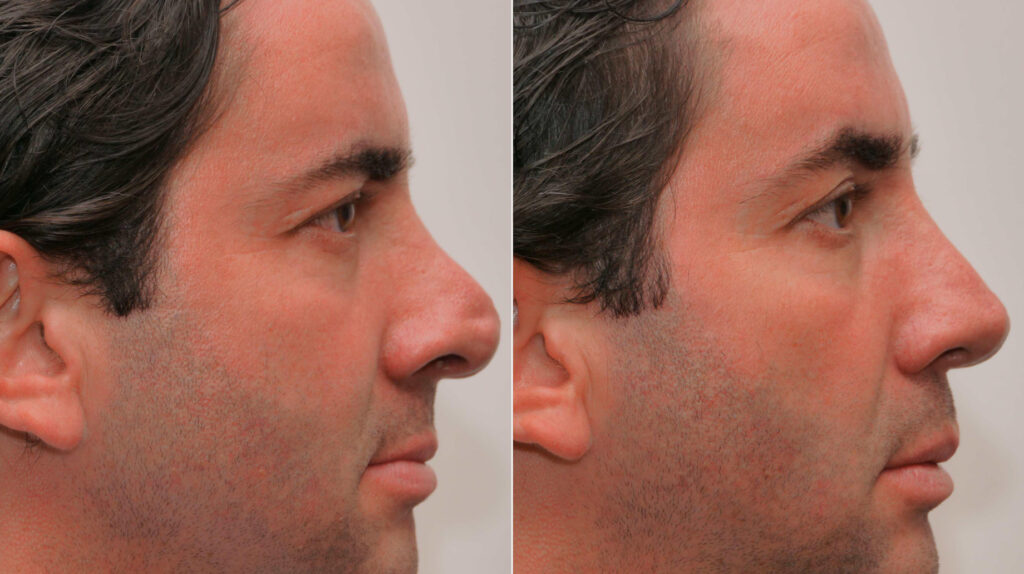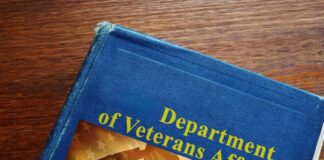
Rhinoplasty is one of the more complex surgical procedures and one that requires an artistic eye. If you want to separate the average surgeons from the best in the business, look at their rhinoplasty results.
It’s not uncommon for rhinoplasty surgeons to only specialize in a handful of procedures in an effort to be the best.
A nose job covers aesthetics and functionality, which is why surgeons take years to master this procedure. It’s also still one of the most popular procedures amongst both men and women globally for various reasons.
While rhinoplasty is a common procedure, so is revision rhinoplasty. Unfortunately, unsatisfactory results occur, which speaks to the importance of choosing the right surgeon from the start. At least with revision rhinoplasty, you get a second chance to make a much better choice.
The right rhinoplasty surgeons have undergone years of training and are dedicated to perfecting their work.
Let’s look at why revision surgery is so common, to begin with.
Revision Rhinoplasty: Why Popularity?

Rhinoplasty is complex, which is why a high percentage of patients walk away feeling unsatisfied with their results. The reality is rhinoplasty has one of the highest revision rates. So much so that research shows at least one in 10 patients will require a second procedure.
Besides inexperienced surgeons, patients not following aftercare instructions are the other reason why revision surgery is so common. A lack of care after a nose job can lead to both aesthetic and functional obstructions.
Functional issues include collapsed cartilage, internal scarring, and breathing difficulties.
There are also the psychological effects of ending up with unsatisfactory rhinoplasty results. When your nose looks unnatural, you end up feeling even more self-conscious than before. On the other end of the spectrum, patients are left feeling disappointed due to unrealistic expectations.
Why Patients Request a Second Nose Job

According to Dr. Anh Nguyen, a female plastic surgeon from Perth, miscommunication is a common issue during the surgical process.
Some surgeons don’t know how to explain the procedure and potential results to patients. And many patients, walk into consultation and surgery with incorrect information. It’s often these two factors that lead to higher rates of revision rhinoplasty.
Should You Consider Revision Rhinoplasty?

Rhinoplasty results take time, so patience is necessary. On average, patients need to wait anywhere from 6 to 18 months to see the final outcome of their nose job. If after a year, there are still ongoing issues such as bumps or breathing difficulties, it’s safe to consider revision surgery. ‘
Here are the main reasons to consider revision rhinoplasty after 12 to 18 months:
- You’re having trouble breathing where you weren’t before
- The breathing problem you experienced prior to surgery is still present
- You’re unhappy with the appearance of your nose
- The structure of your nose is now deformed or has an irregularity
How Revision Rhinoplasty Can Change Your Results

Revision rhinoplasty is capable of correcting a number of concerns.
During the primary procedure, every patient has different requirements – the same applies to revision procedures. For some, only minor corrections are necessary, while others require a more complex approach.
Revision surgery can be undertaken for both aesthetic and functionality-related reasons. For example, to make the nose look wider or longer, excess tissue and cartilage are removed. Changing the form or shape of the nose can ease breathing difficulties. In other cases, septoplasty is incorporated to achieve a more aesthetically pleasing appearance.
Your goals and your surgeon’s preferred techniques determine what approach is used during revision rhinoplasty. If you don’t have enough cartilage available in your nose, it’s removed from one of your ribs.
Revision rhinoplasty can be performed using an open or closed technique – it all depends on the goal of the surgery. If the open technique is used, your surgeon uses the same incision line to minimize scarring.
It’s not uncommon for the revision recovery period to be slightly longer. Not only is the procedure more complex, but the tissue may need additional time to heal.
The recovery period is mostly the same, but your surgeon may provide you with extra aftercare instructions.
Choosing the Ideal Revision Rhinoplasty Surgeon

To avoid any further complications, it’s essential to choose the right surgeon this time around. You could schedule your revision procedure with the same surgeon. However, this depends on your reasons for wanting a second procedure.
If you are happy with your experience but want additional changes, it’s perfectly fine to use the same surgeon.
If you’ve ended up with additional problems or the results aren’t anything you were hoping for, it’s time to begin a search for a new surgeon.
Revision rhinoplasty results in extra costs but a price tag is not what you should be basing this decision on. Start by evaluating the surgeon’s credentials, training, and experience with rhinoplasty. If their services don’t specifically mention revision rhinoplasty, rather look at additional options.
Next, review any available before and after photos. This is an excellent way to tell what you can expect and whether the surgeon is consistent with results. Pay attention to each patient’s nose – does it suit their face? If so, your surgeon has the right eye for this type of surgery.
You can now move onto patient reviews. If a surgeon doesn’t openly display reviews on their site, you can find them on Google and social media. Don’t skip this step if you want to avoid further surgeries. You can even go as far as asking for one or two patient referrals.
Lastly, schedule a consultation with at least two surgeons. It’s important to meet with potential surgeons to evaluate their personalities and find out if they’re a good fit for you. How comfortable do you feel during your consultation? How well did the surgeon answer all of your questions?
Any surgeon who can’t answer all your questions or is too pushy about scheduling your surgery is not the right fit.








